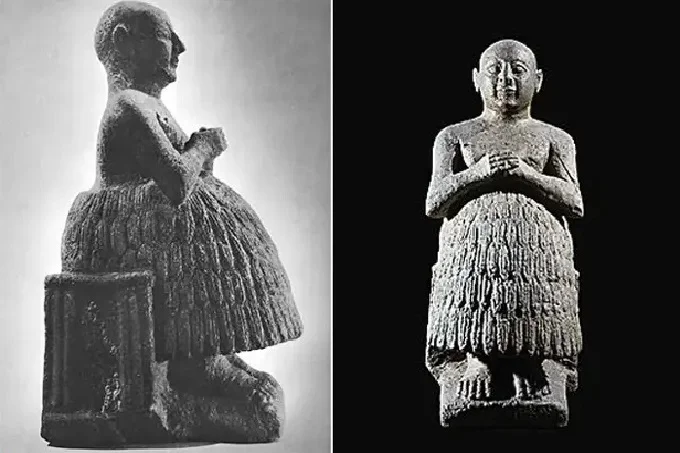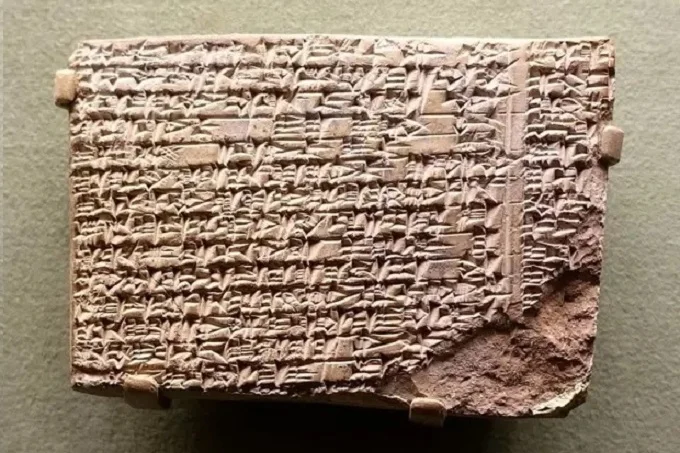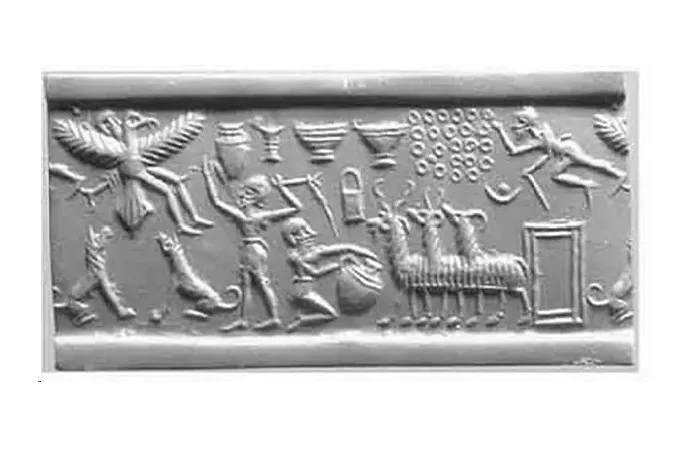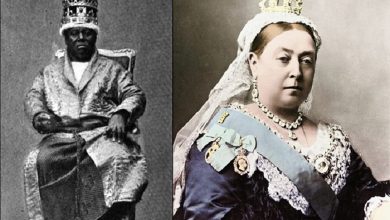Sumerian story of King Etana, who traveled to Heaven to meet gods

About 5,000 years ago, ancient Sumer was ruled by the legendary King Etana, a personality who was later depicted many times on Sumerian tablets and seals. Etana, in particular, was famous for visiting the gods at least once in heaven.
When it comes to myths and stories from deep antiquity, one of the most fascinating is the story of Etana, the ruler of Sumer.
This story, written about 4,000 years ago in cuneiform on a clay tablet, tells the story of how King Etana ascended to heaven to solve a problem that needed immediate consideration.
King Etana, who ruled in the early 3rd millennium B.C., was personally chosen by the gods as ruler of the city of Kish and was the first king from Kish in a long list of Sumerian kings. The gods also gave him the power and authority to establish rules and order on Earth among the people.
Etana had the nickname “He Who Gathered the Earth” and did so under the supervision and sanction of the Gods, who generally formulated and established the concepts of royalty and government for human civilization.
King Etana was greatly respected by the people and was very God-fearing; he performed all religious rituals with great reverence and respect.

So what made him go to the gods to speak directly to them?
The story of King Etana begins with lines about how the gods founded and built the city of Kish. Once the city was built, the gods began their search for a worthy ruler who could effectively govern Kish. In the end, Inanna/Ishtar, the goddess of love, fertility and war, chose Etana as ruler.
Etana was doing well as king, only one thing troubled him, he was childless, and there was no way he could solve that problem. Somehow he knew that he could be helped by a certain “birth plant” that grows above by the gods, but how to get to heaven, he did not know.
One day Etana was walking around and saw a hole with an eagle sitting at the bottom of it. The eagle could not get out of the pit because he had been thrown there by the gods as punishment for eating the cubs of the sacred serpent. Etana decided to save the eagle, whereupon the eagle told him that he could help his problem and take Etana to heaven.
King Etana agreed and got on top of the eagle. But when he was very high up, he could not stand the sight before him and was very frightened. He begged the eagle to come back down: “I looked at the Earth, but I didn’t see it! My eyes were not wide enough to contemplate the vast sea! I will not go to heaven, I will return to my city!” wailed Etana.

Back on Earth, Etana and his wife began to dream again of having a child, and then the eagle said that the gods had decided to give them a second chance, and Etana decided to make it to heaven after all, despite his fear.
According to a fragment of the text, this happened when Etana went on his journey to heaven: “King Kisha took a deep breath to concentrate and stepped through the Gate, and the familiar clouds engaged him to carry him into the Inner Kingdoms.
He allowed himself a few minutes to adjust and move on. Soon the clouds parted, and he saw himself in a large, well-lit room whose glazed windows (glazed windows from over 4,000 years ago!) let in the magic of sunset time, the rainbow colors of the changing sky.
The room was long, fit for a royal hall, and on the dais, he saw Su (Ishtar). His heart knew who she was, so he went on.
Unfortunately, this is where the story ends, and even though historians know three fragmentary versions of this legend in different languages (Old Babylonian, Middle Assyrian and a version from Nineveh), what Etana saw next in heaven is unknown.
However, it is known from another Sumerian source that Etana had a son named Balih, so we can assume that Etana successfully got the “birth plant” and realized his dream of an heir.
Some ufologists, especially supporters of the idea of paleocontact (human contact with aliens thousands of years ago), believe that the tale of Etana encoded a space flight from Earth to a near-Earth ship or further into space, where the alien gods’ ships were.
It is very likely that Etana himself was not just a human, but an artificially created hybrid. That is why the gods chose him to be a king, who had to acquaint the humans with some important rules, and that can explain his problem with his offspring. As a rule, animals whose parents were of similar but different species, for example, a lion and a tiger or a donkey and a horse, are often sterile.
“The gods” helped Etana, perhaps by creating a son for him through cloning, genetic tampering with Etana’s body, or other technology.
By the way, Etana, like some famous biblical prophets, lived an unusually long life of 1,560 years, and his son Balih ruled for 400 years (slightly diluted alien genes gave him fewer years of life?)



